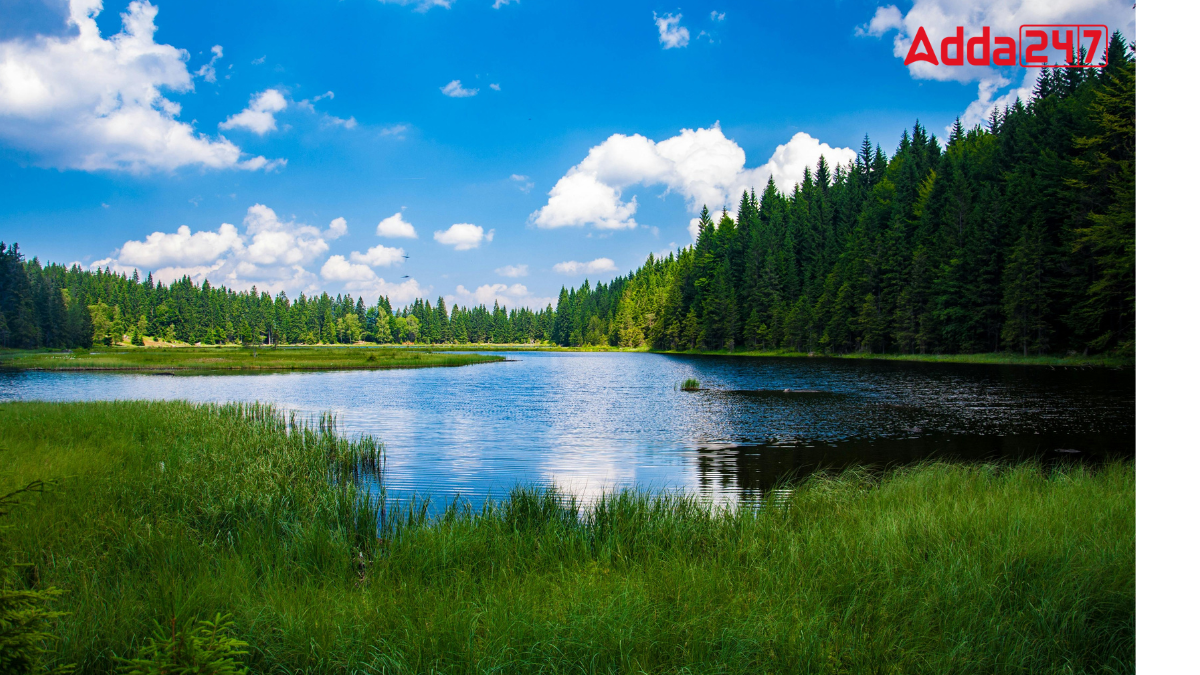Lakes differ greatly in depth and size, but the deepest lake in the world is notable for its exceptional depth. This lake, recognized for its remarkable measurements and distinctive features, provides valuable insights into natural geography and aquatic ecosystems. Its profound depth and unique characteristics make it a subject of great interest for both scientific study and environmental conservation.
Deepest Lake in the World
Lake Baikal, situated within the republic of Buryatia and Irkutsk oblast of Russia, is the world’s oldest and deepest freshwater lake. It is estimated to be between 20 to 25 million years old and reaches a maximum depth of 5,315 feet (1,620 meters). With an area of approximately 12,200 square miles (31,500 square kilometers), it is also the largest freshwater lake by volume, containing about one-fifth of the world’s surface fresh water.
Geographical Features of Lake Baikal, World’s Deepest Lake
- Age and Depth: Lake Baikal is the oldest existing freshwater lake on Earth, estimated to be between 20 to 25 million years old. It is also the deepest continental body of water, reaching a maximum depth of 5,315 feet (1,620 meters).
- Size and Dimensions: The lake spans approximately 12,200 square miles (31,500 square kilometers). Its length extends 395 miles (636 kilometers), with an average width of 30 miles (48 kilometers). The lake’s surface is surrounded by steep mountain slopes, with some peaks rising more than 6,600 feet (2,000 meters) above the lake.
- Volume and Inflow: Baikal holds about one-fifth of the world’s freshwater, totaling around 5,500 cubic miles (23,000 cubic kilometers). More than 330 rivers and streams flow into the lake, with the Selenga River being the largest. The Angara River is the lake’s sole outflow, eventually joining the Yenisey River.
Climate of Lake Baikal
Lake Baikal experiences a relatively mild climate compared to its surroundings. Winter temperatures average −6 °F (−21 °C), while August temperatures average 52 °F (11 °C). The lake’s surface freezes in January and thaws between May and June.
In August, surface water temperatures range from 50 to 54 °F (10 to 12 °C), with shallower areas reaching up to 68 °F (20 °C). The lake is known for its clear water, allowing visibility up to 130 feet (40 meters).
Deepest Lake of the World – Flora and Fauna
Lake Baikal is home to approximately 1,500 to 1,800 animal species and hundreds of plant species. Many of these species are endemic to the lake. Notably, the Baikal seal (Phoca sibirica) is the only true freshwater seal in the world.
The lake hosts around 50 fish species, including the omul salmon, grayling, lake whitefish, and sturgeon. The golomyanka, a fish that gives birth to live young, is unique to Baikal. Additionally, over 320 bird species can be found in the region.
Conservation Efforts for Lake Baikal
Conservation efforts around Lake Baikal include several reserves and national parks. The Barguzinsky Nature Reserve was established in 1916, followed by the Baikalsky and Baikalo-Lensky reserves in 1969 and 1986, respectively. The Frolikhinskiy and Kabansky wildlife reserves were created in 1976 and 1974, respectively.
In 1987, the Lake Baikal Coastal Protection Zone was created, covering a total area of 34,000 square miles (88,000 square kilometers). This area was designated a UNESCO World Heritage site in 1996, highlighting its global ecological significance.




 Which Country is known as the Land of Mo...
Which Country is known as the Land of Mo...
 Which Languages is known as the Mother o...
Which Languages is known as the Mother o...
 Which Country is known as the Highest Pr...
Which Country is known as the Highest Pr...








